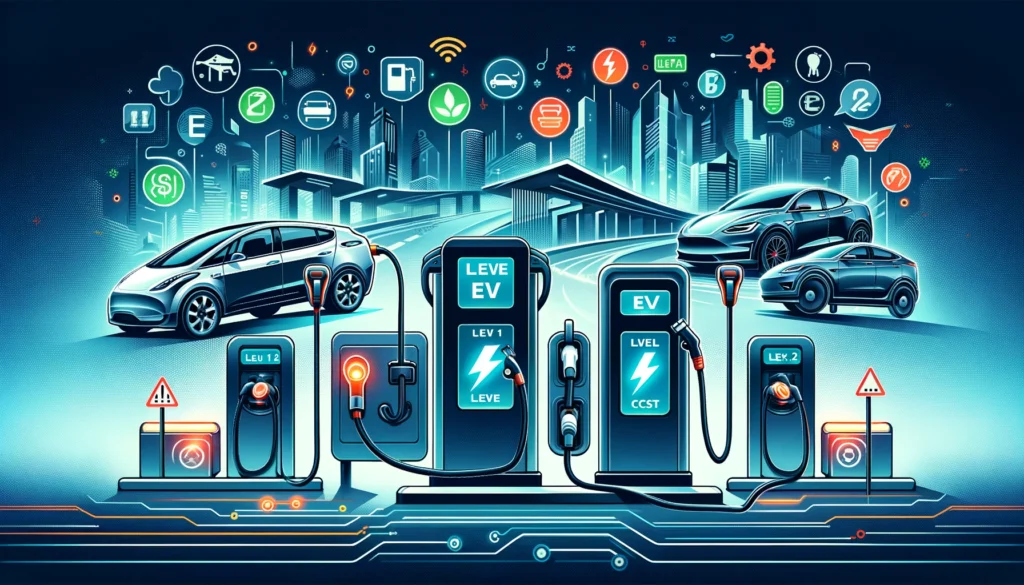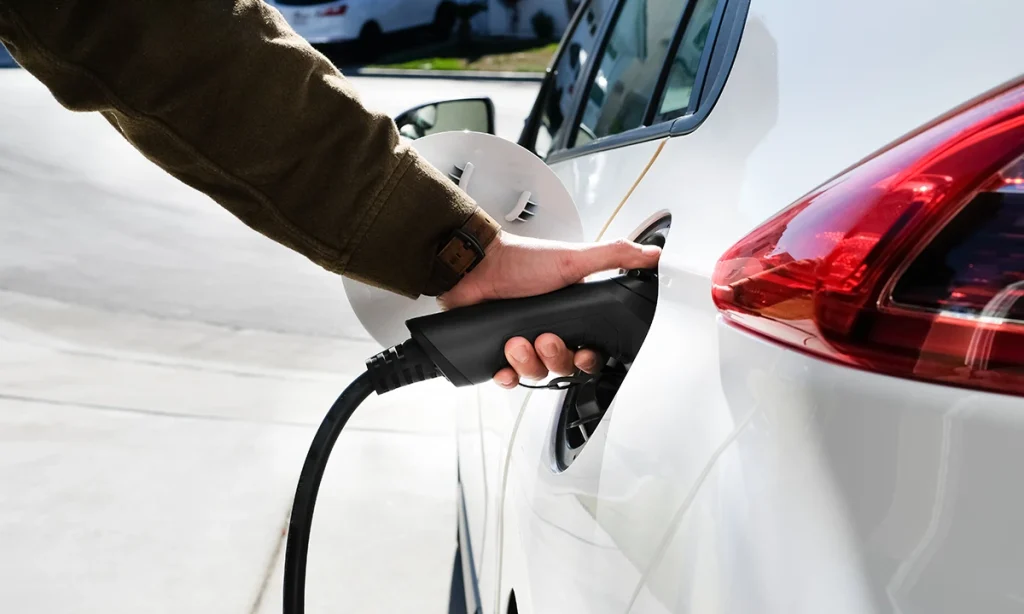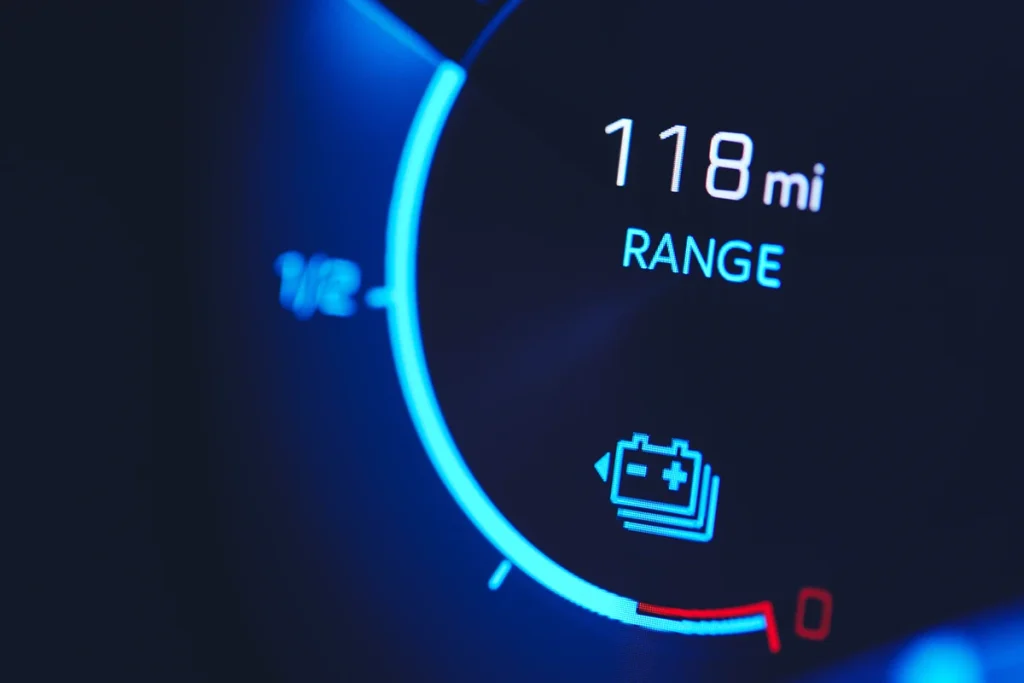Electric vehicles (EVs) are rapidly becoming a more common sight on roads around the world, offering an eco-friendly alternative to traditional gasoline-powered vehicles. One of the critical aspects of owning an EV is understanding the charging infrastructure, including the different types of charging ports, charging station compatibility, and the emerging standards adopted by EV manufacturers. This comprehensive guide will delve into the essentials of EV charging, providing you with the knowledge you need to navigate the world of electric vehicles.
Introduction to EV Charging
Charging an electric vehicle is a simple process, but it involves a bit more than just plugging in your car overnight. The speed of charging, the types of charging ports available, and the compatibility of these ports with different charging stations can vary significantly. As the EV market continues to grow, understanding these nuances is essential for current and prospective EV owners.
Types of EV Charging Ports
There are several types of charging ports used by electric vehicles, each serving different needs and charging speeds. The most common types include:
Level 1 Charging (AC)
- Connector Type: Typically, this is a standard household plug (in the U.S., this is a 120V AC outlet).
- Charging Speed: Slow; usually provides about 4-5 miles of range per hour of charging.
- Common Use: Overnight charging at home.
Level 2 Charging (AC)
- Connector Type: The J1772 connector is the standard in the U.S. for Level 2 AC charging.
- Charging Speed: Medium; generally offers about 10-20 miles of range per hour of charging.
- Common Use: Home, workplace, and public charging stations.
DC Fast Charging (DCFC)
- Connector Types: The main types are CHAdeMO, CCS (Combined Charging System), and Tesla’s proprietary connector.
- Charging Speed: Fast; capable of adding 60-100 miles of range in about 20-30 minutes.
- Common Use: Quick charging on long trips, available at public charging stations.
Charging Station Compatibility and Tesla Charging Stations
Tesla Superchargers
Tesla’s Supercharger network is one of the most widespread and fast-charging infrastructures available. However, Tesla uses a proprietary connector for its vehicles in North America, which means that non-Tesla EVs require an adapter to use these stations. In Europe and other regions, Tesla has started adopting the CCS standard, making it easier for non-Tesla vehicles to charge at Tesla stations.
Universal Charging and the Move Towards CCS
The Combined Charging System (CCS) is becoming the standard for most new EVs in North America and Europe, supported by a wide range of manufacturers like Ford, Volkswagen, BMW, and GM. The CCS standard allows for both AC Level 2 and DC fast charging through a single port, making it a versatile option for EV owners.
The Future of EV Charging: Universal Compatibility and Expansion
The EV industry is moving towards a future where charging stations and EVs will be universally compatible, simplifying the charging process for EV owners. Initiatives like the CharIN alliance are working to promote the CCS standard globally, aiming for a seamless charging experience across different brands and regions.
Manufacturers like Tesla are also opening up their charging networks to other EVs, indicating a shift towards more standardized and accessible charging infrastructure. As more EVs hit the road, the expansion and standardization of charging stations will play a crucial role in supporting the transition to electric mobility.
Final Thoughts
Understanding the different types of EV charging ports and the compatibility of these ports with various charging stations is crucial for anyone looking to join the electric vehicle revolution. With the industry moving towards standardized charging solutions, the future of EV charging looks bright, promising a more integrated and user-friendly experience for EV owners around the globe. As the infrastructure continues to evolve, the adoption of electric vehicles is set to accelerate, paving the way for a greener, more sustainable mode of transportation.


